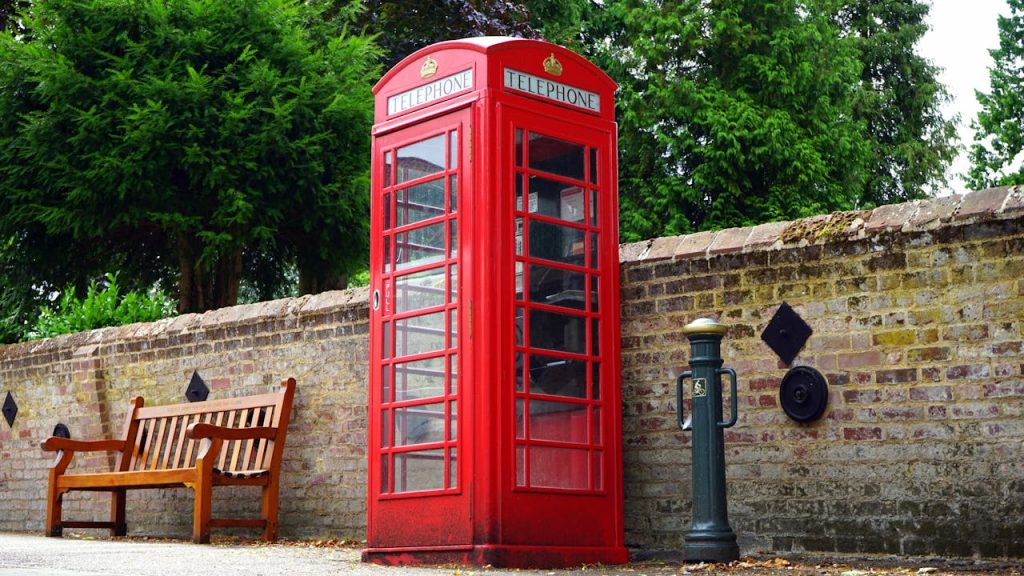Why British humour hits differently
You know how sometimes you watch a British comedy and find yourself wondering if you missed the joke? Meanwhile, American shows practically hand-deliver the punchline with a bow on top? There's actually a reason for that, and it tells us quite a bit about how different cultures approach humor.

The art of understatement
British comedians have this thing about not trying too hard. They'll make a brilliant observation, then just leave it there. No explaining, no nudging you in the ribs going "get it?". They trust that you'll get it without them having to explain everything and there's something special about that. It makes you feel like you're in on something when the joke finally clicks.
The best bits aren't even in the actual words half the time – it's all in how someone looks at the camera for just a second or when the silence stretches out until it becomes funny itself. This didn't just appear out of thin air, of course. British writers have been perfecting this subtle art for ages, from cheeky newspaper columns to radio shows.
Going completely off the rails
But here's where it gets interesting. Just when you think you've figured out British restraint, they'll throw something absolutely bonkers at you. Monty Python basically said "screw logic" and gave us sketches about dead pets and government officials with silly walks. Suddenly everyone realized that pure nonsense could be genuinely brilliant.
That spirit lives on in shows that will start normally then suddenly have a character meet a magical jazz vampire or something equally mental. And they're not afraid to make you squirm either. British comedy loves poking at failure, embarrassment, all those things we'd rather pretend don't happen.
The American punchline machine
American humor works like a well-oiled engine. Stand-up comics know exactly when the audience should laugh. TV writers structure episodes around reliable laugh beats and even the most dysfunctional characters somehow remain loveable.
It reflects something deeper about American culture – this belief that things should work out, that problems get solved, that people are basically good underneath it all. Even when Americans make fun of misfits there's usually this underlying message that everything's going to be okay.
Worlds colliding on screen
Ever notice how British shows get a makeover when they come to America? The Office is the perfect example. Take Ricky Gervais's cringey, often cruel David Brent and transform him into Steve Carell's bumbling but ultimately sweet Michael Scott. Same basic idea, completely different emotional experience.
British vs American humour
Neither style is better – they're just asking different things from you. British comedy wants you to read between the lines and doesn't mind if things get uncomfortable. American comedy is basically designed to send you away happy. It wants to wrap things up nicely and leave you feeling good about what you just watched. What's great about how things work now is that we're not stuck picking sides. We can enjoy both styles, even blend them in ways that nobody could have imagined years ago.

